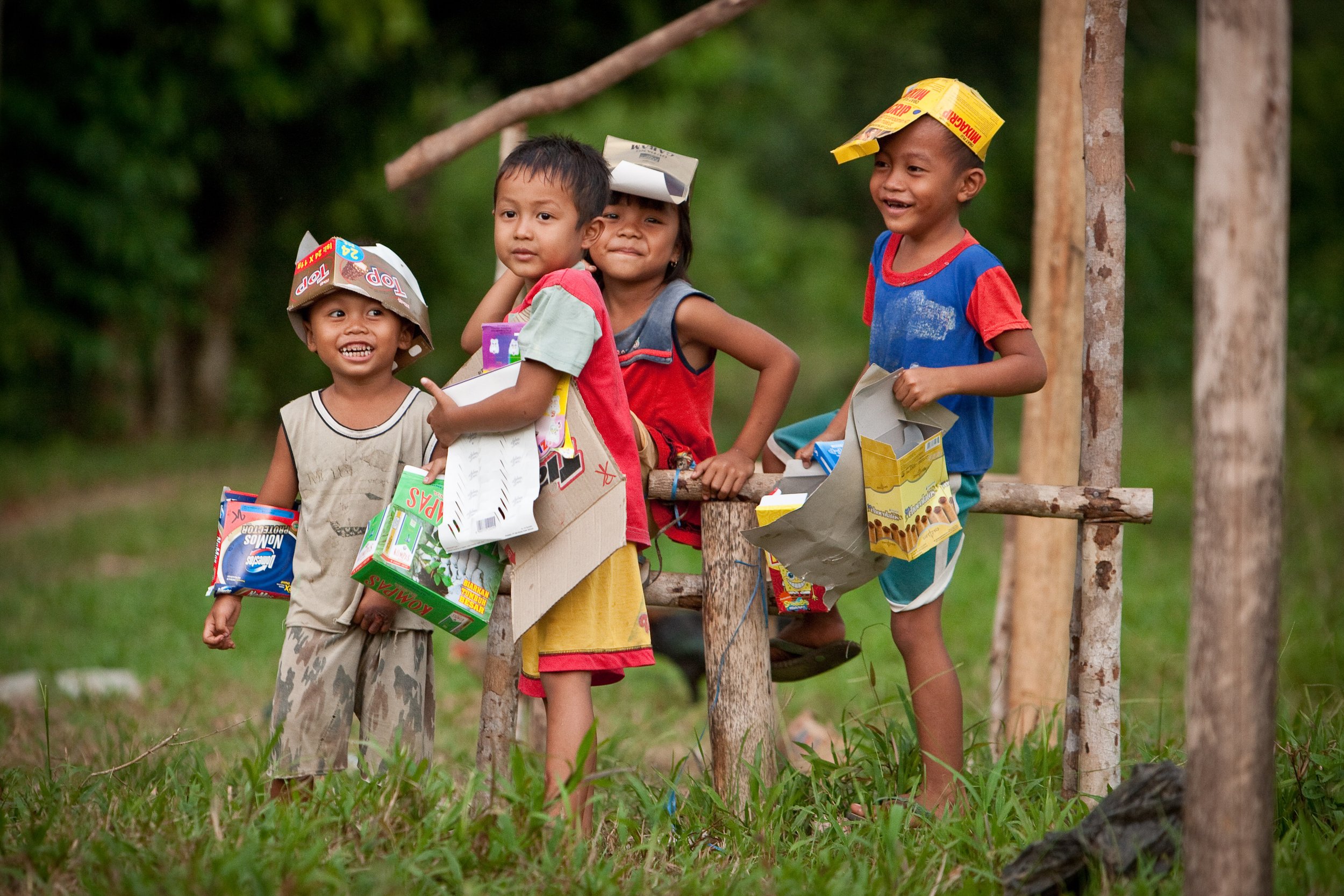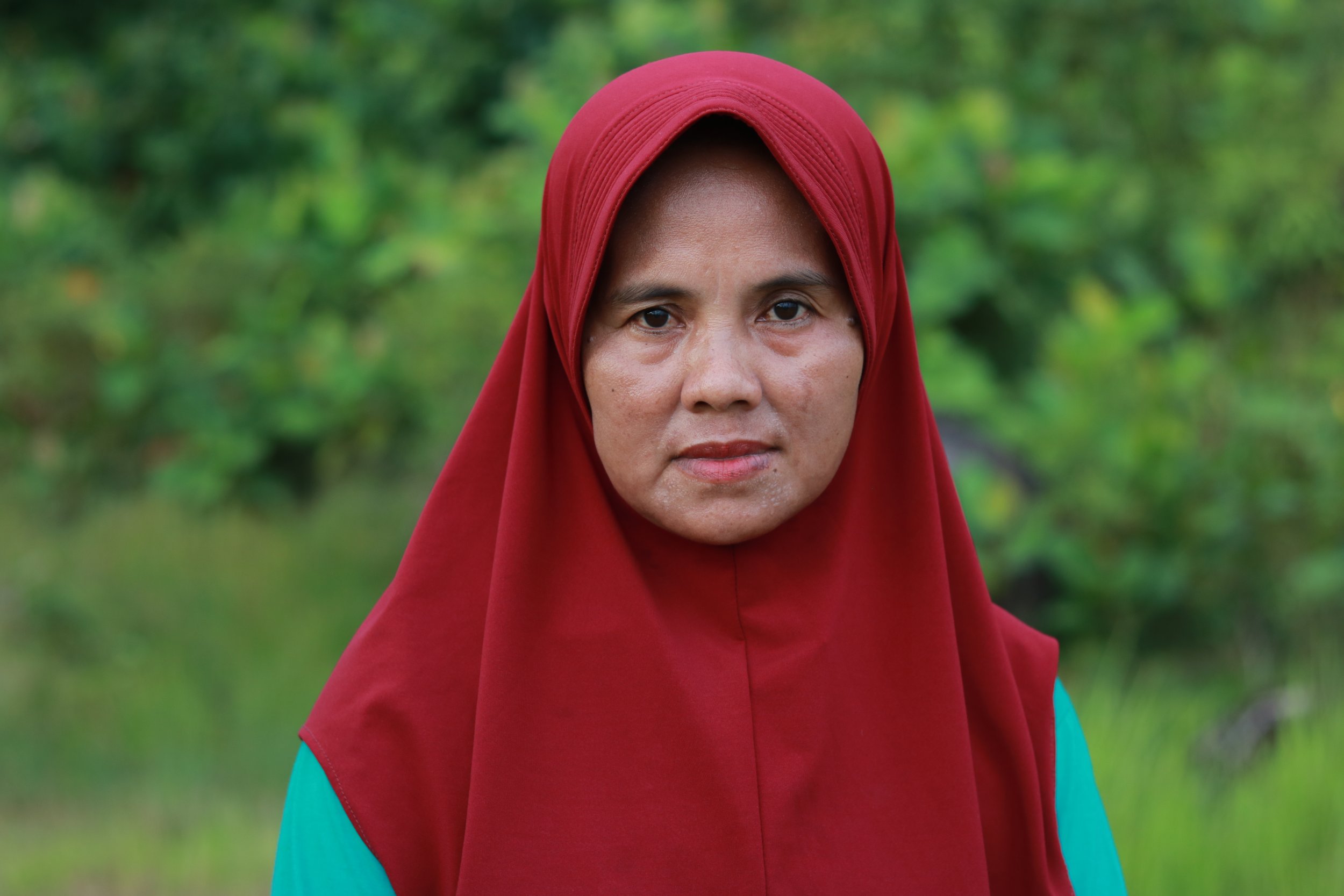
Indonesia
Since 2007 HIH and ASRI have supported…
20k+
Hectares of Secondary Forest Regrowth
100k+
Patient Visits
6k+
People Supported in Alternative Livelihoods
Biodiversity
Indonesia’s rainforests are incredible stores of carbon, as well as home to 10% of the world’s animal species and 11% of its plant species. However, they are also being logged at an alarming rate (40% lost in the last 50 years).
Work to date
In 2007, Health In Harmony began work with the Indonesian affiliate organization Alam Sehat Lestari (ASRI) to end the cycle of poverty and poor health that led to deforestation in Gunung Palung National Park (GPNP). Since then, through Radically Listening to local communities’ holistic and integrated solutions, ASRI and Health In Harmony have invested in many innovative paths to forest protection and stewardship. This includes establishing a medical center where community members can access healthcare through non-cash payments (e.g., with tree seedlings for reforestation), and setting up monthly mobile clinics for more remote communities bordering GPNP (most recently on the eastern side of the park, where an increase in oil palm production was identified). ASRI also set up programs including; Chainsaw Buyback, which provides loggers with alternative means to start a new, sustainable business, Goats for Widows whereby women are given goats to raise, eventually selling offspring for household income, and Forest Guardians through which ASRI trains and employs community members to monitor forest disturbances like logging and illegal hunting.
Ongoing Impact
In 2023, the Indonesian Ministry of Health, the Ministry of Forestry, HIH, and ASRI began working together to design a way to scale the HIH and ASRI model of investment in community-designed solutions across Indonesia. In 2024, ASRI began piloting this work in Tambrauw in Southwest Papua, while continuing the work in West Kalimantan. This work pairs together the model of direct investment in rainforest communities’ planetary health solutions with the Ministry of Health’s existing infrastructure, workforce, and resources.
Research
Investment Outcomes: A ten-year analysis by Stanford University and published by PNAS shows that HIH and ASRI’s $5.2M investments in community-designed solutions in Indonesian Borneo averted $65.3M in carbon emissions, reduced logging (over 90% drop in logging households), increased health and wellbeing (a 67% drop in infant mortality among other health improvements), regenerated rainforest via 21,000 hectares of secondary forest regrowth, and demonstrated that solutions exist to improve the health of people and the planet simultaneously. Read the study.
Improving Biodiversity: A 2024 camera-trap study in Borneo found 47 wildlife species using community-reforested corridors, including 18 threatened species, as featured in The New York Times. Researchers concluded that land restored by local residents in Borneo drew an array of wildlife after ASRI first addressed the needs of nearby villagers. Read the article.
Reducing Zoonotic Spillover: HIH has been cited in Nature as a leading solution to prevent pandemics by reducing zoonotic spillover. Read more in Nature.







